Over the past decade, Victoria-based reporter Emma Gilchrist watched as most dedicated reporting positions on the climate beat were eliminated — when they’ve arguably never been more vital. The Narwhal, Canada’s first digital non-profit environmental news site, is her (and co-founder Carol Linnitt’s) attempt to fill that gap. “In many ways, I often say The Narwhal is like the environment section of the newspaper,” says Gilchrist, “except there isn’t one of those.”
Rather than simply zeroing in on the ozone layer, or the unnerving melt rate of our precious glaciers, The Narwhal sheds light on the many intersections of climate change: biodiversity, corporate interests, Indigenous rights, and yes, the science. “We centre a different set of concerns,” she says. “We do a lot of deep dives and explainers that try to get beyond the news headlines and truly help people understand really complex issues. If you don’t really know the topic, it’s easy to just fall for government or corporate talking points. But when you report on it over the course of years, you get really good at calling bullshit.” We spoke with Gilchrist about her biggest challenges and best moments building her business.

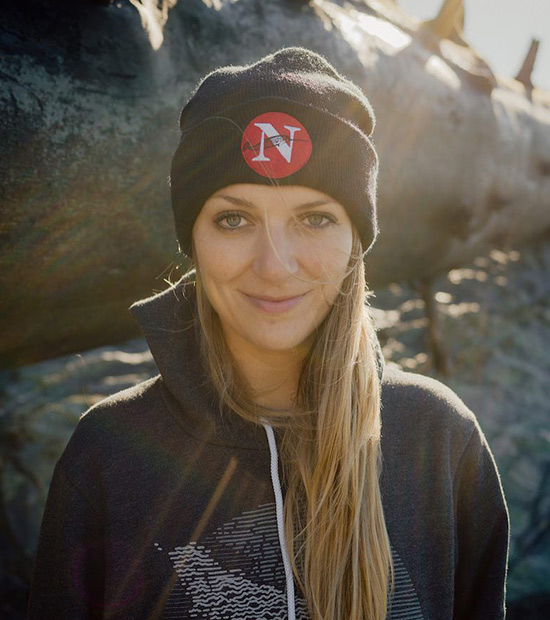
My why: “I started reporting on the environment in 2007, which was around when An Inconvenient Truth came out. At the time, I was working at The Calgary Herald, and I saw a huge appetite for that kind of information. I’ve continued with it for almost 15 years now. It’s the biggest issue of our time. It affects all of humanity and has huge implications for levels of inequality. The people who have created the problem the most aren’t the ones who are going to suffer the most. We have focused a lot on telling stories that are out of sight, out of mind, in places that most Canadians will never see. [Narwhal readers] can see the true impacts of logging or mining or oil and gas development in remote places where people are paying the price for those developments. It’s easy to forget about when it’s not in your own backyard.”
My blue-sky goal: “We try to do a lot of solutions-oriented reporting, which is enabled by focusing on the same beat day in and day out. There are places in the States that have stopped old-growth logging, for example. There are places that have managed their salmon populations much better than British Columbia has. When you really get to know a topic, you can draw out those angles: How have other people faced these same challenges elsewhere and come up with innovative solutions? We really try to tap into that piece of hope.”
My proudest moment: “I don’t have one moment, but I am proud of growing the team to the extent that we have. We’ve been able to hire a really incredible team of people across the country — top journalists from Global TV, The Globe and Mail and CBC. We’ve established The Narwhal as an online news outlet that is entirely capable of competing with traditional news outlets, both for talent and for the quality of our work.”
Biggest challenge: “Managing the scale of growth and distributing leadership so that, as the organization grows, it isn’t overly reliant on its founders.”
My best lesson: “I wish that we had started hiring sooner. We were very conservative in our budgeting and I think, you know, we didn’t fully believe that we were going to have the breakthrough that we had. As a result, we have been trying to catch up to ourselves for the last three years.”
My greenest habit: “I haven’t owned a car for 10 years, so I bike and walk everywhere. It’s pretty easy to do that in Victoria; it’s not if you live in Calgary.”
My unique strength: “Bringing lessons from the non-profit world into journalism. Working at Dogwood, [a B.C-based non-partisan citizen action network], I learned how to build a movement of people and convert them into paying supporters. It turns out that skill isn’t very common in the journalism world.”
My late-night preoccupation: “The surf forecast.”
A sustainable brand I love: “Abeego, which makes a reusable beeswax food wrap that is super handy.”
My recommended Narwhal read: “This piece on the underappreciated Prairie grasslands ecosystem. It’s part of a series called “Carbon Cache” that won “Best Digital Editorial Package” at last year’s Digital Publishing Awards.”
-
Made in Canada
-
Social Good
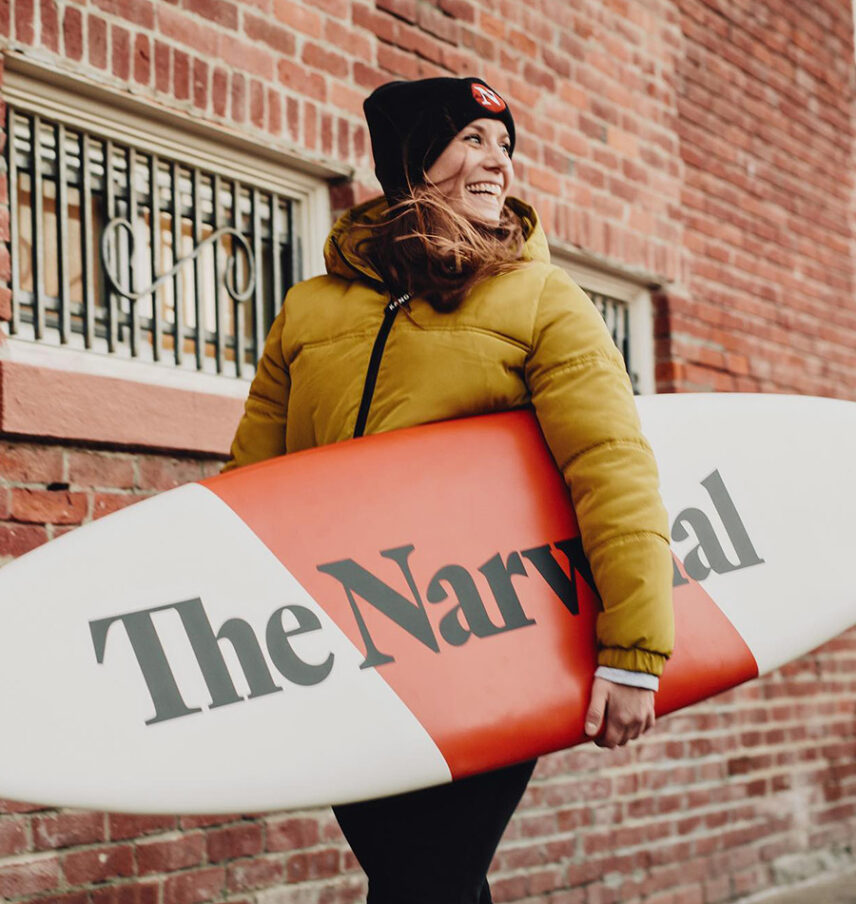




Read More
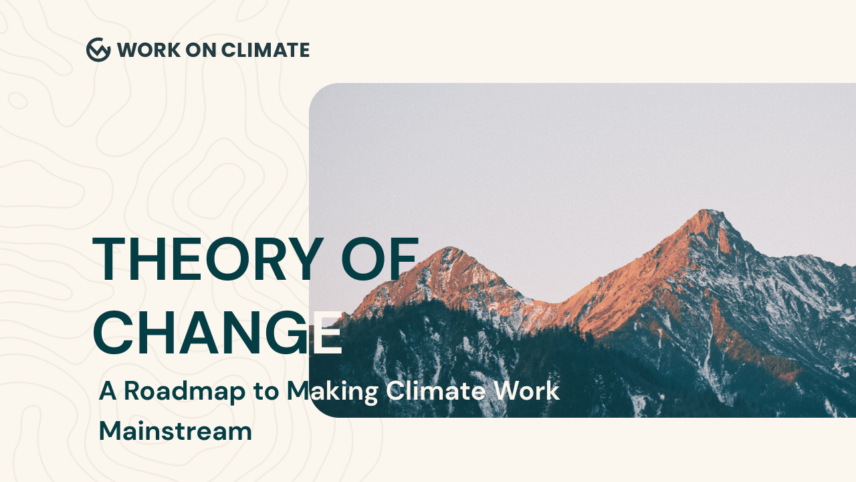
Podcast | Mar, 2025
Episode 73: Eugene Kirpichov, Work On Climate
What happens when a Google engineer walks away from a high-paying career to fight the climate crisis? He discovers a…
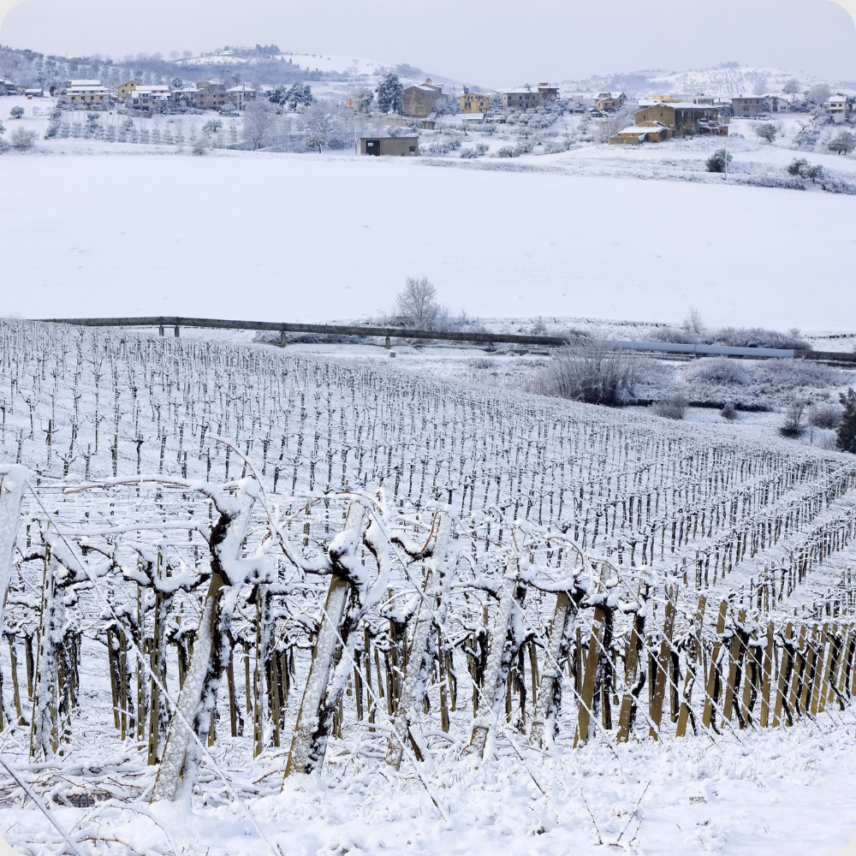
Podcast | Feb, 2025
Episode 72: Sue Abrams & Jerome Konecsni, ABAzyne Bioscience
In this episode, we explore the cutting-edge science helping farmers fight back against extreme weather. Marco sits down with Sue…
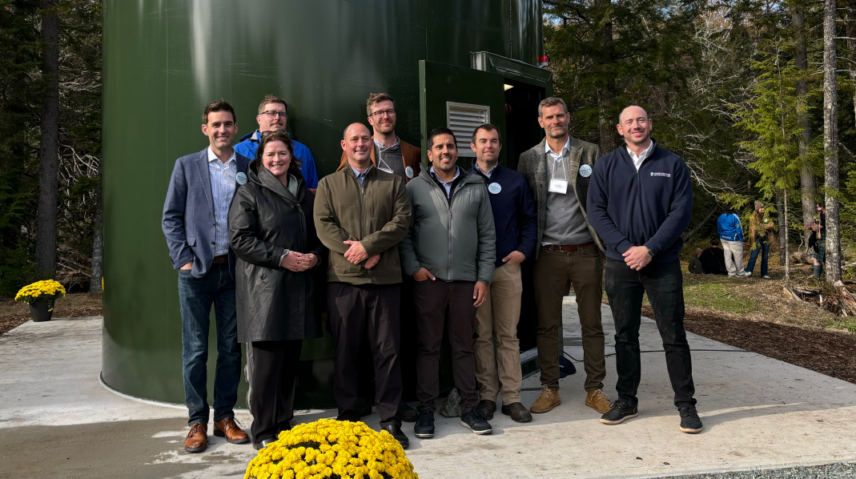
Podcast | Feb, 2025
Episode 71: Luke Connell & Colton Dirksen, CarbonRun
Stripe, Shopify, and Google are some of the world’s most innovative companies that are working with Carbon Run. Why? Because…
